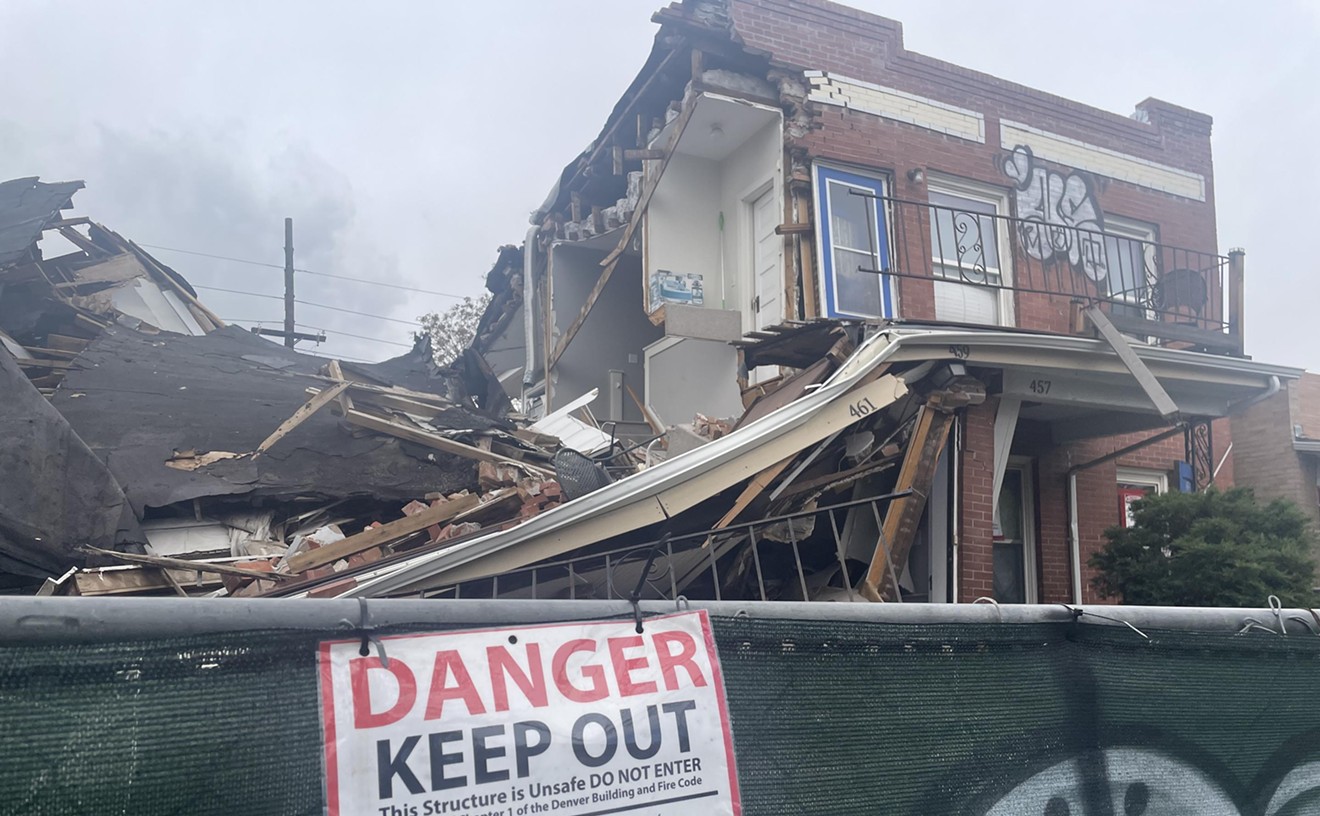Because marijuana remains against U.S. law, dispensaries and other affiliated businesses are forbidden from using the federally regulated banks due to rules put in place to prevent money laundering by drug dealers, among others. But apparent movement on the issue took a step forward during a September hearing at which Deputy Attorney General James Cole revealed that the Justice Department was working on a possible solution with other agencies.
That was good news to the Denver Auditor's office, which had sent a letter in advance of the hearing arguing that forcing marijuana businesses to operate strictly on a cash basis created a range of problems."Anytime you do this much business in cash, it's a target for crime -- and it's pretty apparent that's been going on here over the last couple of years," maintained Denis Berckefeldt, director of communication for Denver Auditor Dennis Gallagher, in an interview with Westword. "And you can't account for this money. How much have you sold? Are you paying the taxes you're supposed to be paying? How much is hidden? If you don't have a paper trail, you can't track it, and all the seed-to-sale systems in the world won't solve the problem."
The Yes on Proposition AA campaign also underscores the need for banking reform when it comes to marijuana businesses -- and argues that voting in favor of the measure will help inspire the feds to set things right. In an interview earlier this week, Yes on Prop AA spokesman Joe Megyesy argued that "passing a tax and demonstrating to the government that we can create revenue for them will make the government much more apt to create a fix for the marijuana industry's problems with banking and financial services," which he identifies as "one of the key struggles the industry in Colorado is facing right now."
Hickenlooper and Washington Governor Jay Inslee make the same point in their letter, addressed to a slew of officials, including Treasury Secretary Jacob Lew, Federal Reserve Chairman Ben Bernanke and Federal Deposit Insurance Corporation chair Martin Gruenberg.
They argue that "access to the banking system by these state-licensed businesses is a necessary component in ensuring a highly regulated marijuana system that will accurately track funds, prevent criminal involvement, and promote public safety. In order to achieve the mutual federal and state goal of establishing tightly-controlled marijuana regulatory systems, we urge you to issue inter-agency guidance that will allow legal, licensed marijuana businesses access to the banking system."
Here's the letter in its entirety.
More from our Marijuana archive: "Marijuana: How feds can stop one 7-Eleven from being Colorado's money-laundering capital."











